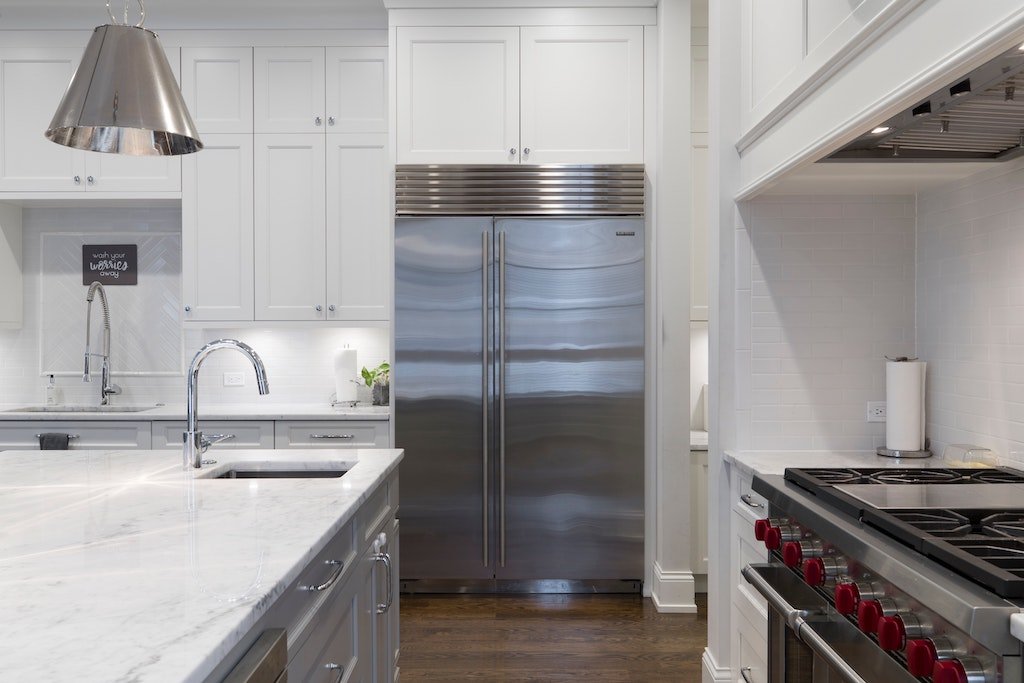Do Home Warranties Cover Refrigerators?
Most of us take for granted the comforts that appliances offer us, but when one breaks, it makes us appreciate them much more. As a homeowner or prospective home buyer, ensuring your home appliances are well-protected should be a priority. This is where home warranties act as safety nets, cushioning you from unexpected appliance or system failures that could result in significant out-of-pocket expenses. But when it comes to specifics, such as whether home warranties cover refrigerators, there may be some gray area, so let’s simplify this.
Are refrigerators covered under home warranties?
The short answer is yes, many home warranties do cover refrigerators. However, as with any contract, the specifics can vary significantly between providers and individual plans. A comprehensive home warranty plan will typically cover the mechanical components of your refrigerator, yet, the coverage’s extent can be nuanced.
Mechanical Components and Basic Functions: Most home warranties cover a standard refrigerator's mechanical components and primary functions. This usually encompasses the compressor, thermostat, defrosting system, switches, fans, and potentially other critical internal parts for its operation. If these components malfunction due to normal wear and tear, your home warranty would typically cover the cost of repair or replacement.
Ice Makers and Dispensers: Many home warranty plans extend their coverage to the ice maker and water dispenser if built into your refrigerator. However, this might not be a standard inclusion in all plans, so it’s crucial to check the specifics of your warranty. If your refrigerator’s ice maker is crucial to your daily lifestyle, ensure your plan addresses it.
Excluded Components: Not all parts of a refrigerator are covered by home warranties. Some excluded items might include door handles, light bulbs, racks, dials, or seals. Additionally, any damage to the exterior or cosmetic issues (like scratches, dents, or chipping paint) are usually not covered.
Specialty and Luxury Refrigerators: If you have a high-end or non-standard refrigerator, such as a wine refrigerator, it may not be covered under a standard warranty plan. However, some warranty providers offer add-ons or premium plans that cover such items.
Pre-existing Conditions and Improper Care: Home warranties do not cover pre-existing conditions. That means if your refrigerator had a defect or issue before the start of your warranty plan, it won’t be covered. Similarly, if the malfunction arises from improper installation, misuse, or lack of maintenance, the warranty provider may deny your claim. It’s crucial to regularly maintain your refrigerator and follow all the recommended care instructions to ensure your warranty stays valid.
Cap Limits: Warranty companies often have cap limits, which is the maximum amount they will pay for repairs or replacements over a certain period (usually a year). If the cost exceeds this limit, you would be responsible for the difference. The cap limit for appliances, including refrigerators, varies by plan and provider, so it’s essential to know this detail.
Remember, warranties don’t usually cover pre-existing conditions, improper installation, or lack of maintenance. So, if your refrigerator’s failure is attributed to any of these, your claim could be denied.
Porch whole home warranty refrigerator coverage
Porch's Whole Home Warranty Plan covers mechanized parts and components crucial for the proper operation of the primary kitchen refrigerator. This includes compressors, condensers, control timers, defrost heating elements, evaporators, fan motors, hinges, motors, power cords, switches, relays, and thermostats. It's important to note that routine manufacturer maintenance, such as vacuuming and coil cleaning, is necessary for refrigerator upkeep, and homeowners are advised to follow the manufacturer's recommendations.
Tips for maintaining refrigerators
Regardless of your warranty’s scope, regular maintenance will keep your refrigerators running efficiently, prolong their lifespan, and potentially save you from claim disputes.
Clean the coils: Dusty coils make your fridge work harder, consuming more energy. A twice-yearly cleaning can enhance efficiency.
Check the door seals: Loose seals allow cool air to seep out, forcing your fridge to work harder. Clean and inspect them regularly for any wear and tear.
Set the right temperature: Your fridge should be at or below 40°F, and your freezer at 0°F for optimal performance and energy usage.
Fill it up: Refrigerators need “thermal mass” to maintain low temperatures. Keep your fridge and freezer well-stocked to consume less energy.
Defrost, if necessary: If your model isn’t self-defrosting and frost has accumulated to half an inch, it’s time to defrost.
Remember that warranties work best in partnership with regular maintenance. Keep your refrigerators in optimal condition with the provided maintenance tips, and you’ll be less likely to encounter issues that could lead to claim disputes.
Regarding home ownership, taking a proactive role in appliance protection and maintenance can save you significant time, money, and stress. So, consider investing in a home warranty plan that suits your needs and keeps your appliances, including your refrigerator, in prime condition. A chilled life is, after all, a happy life!

